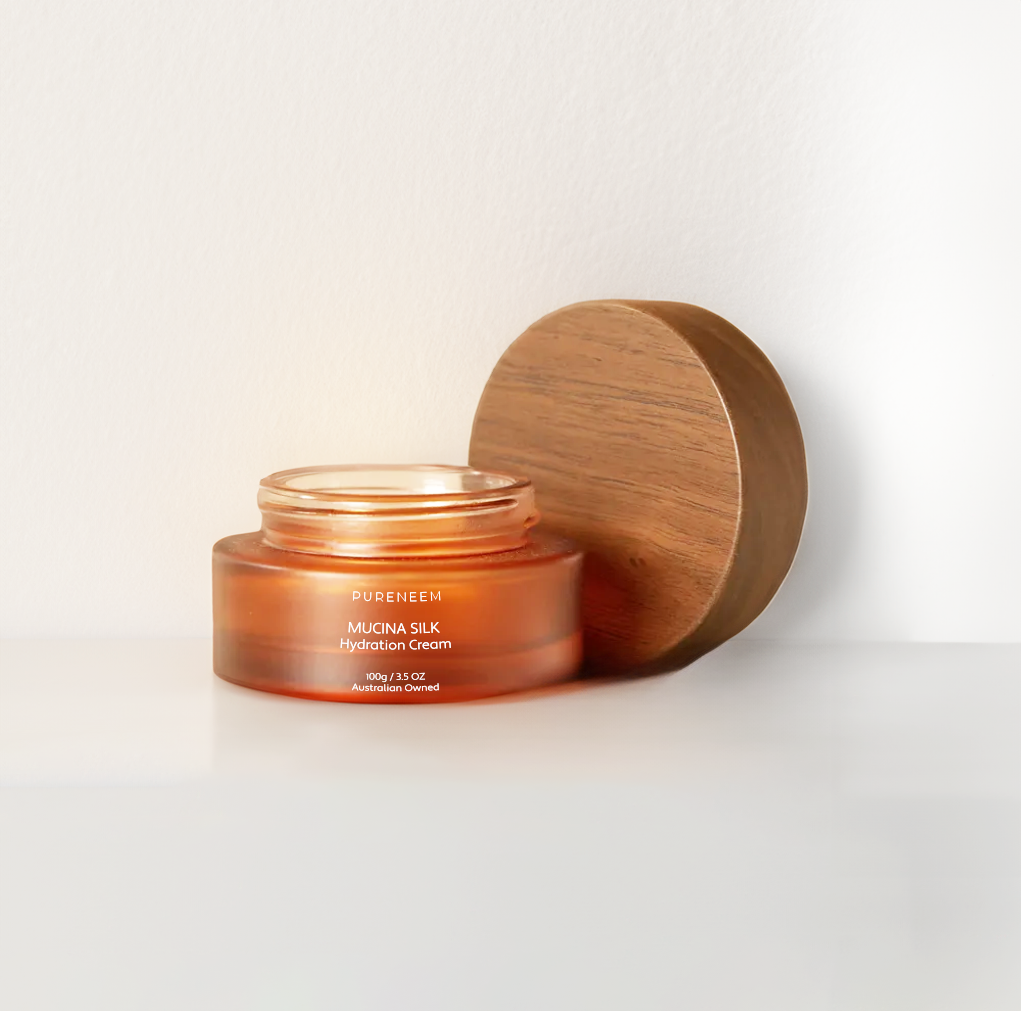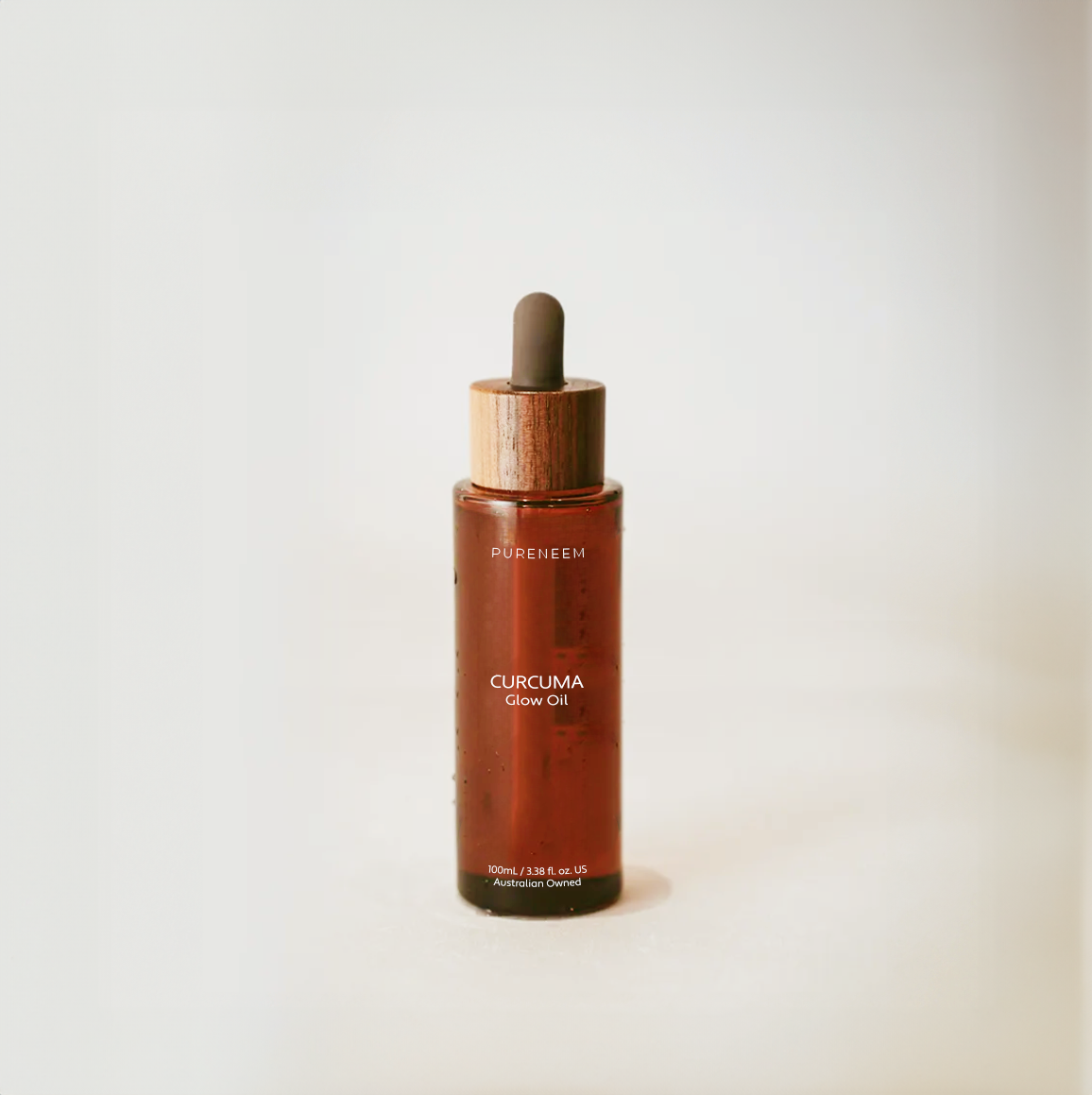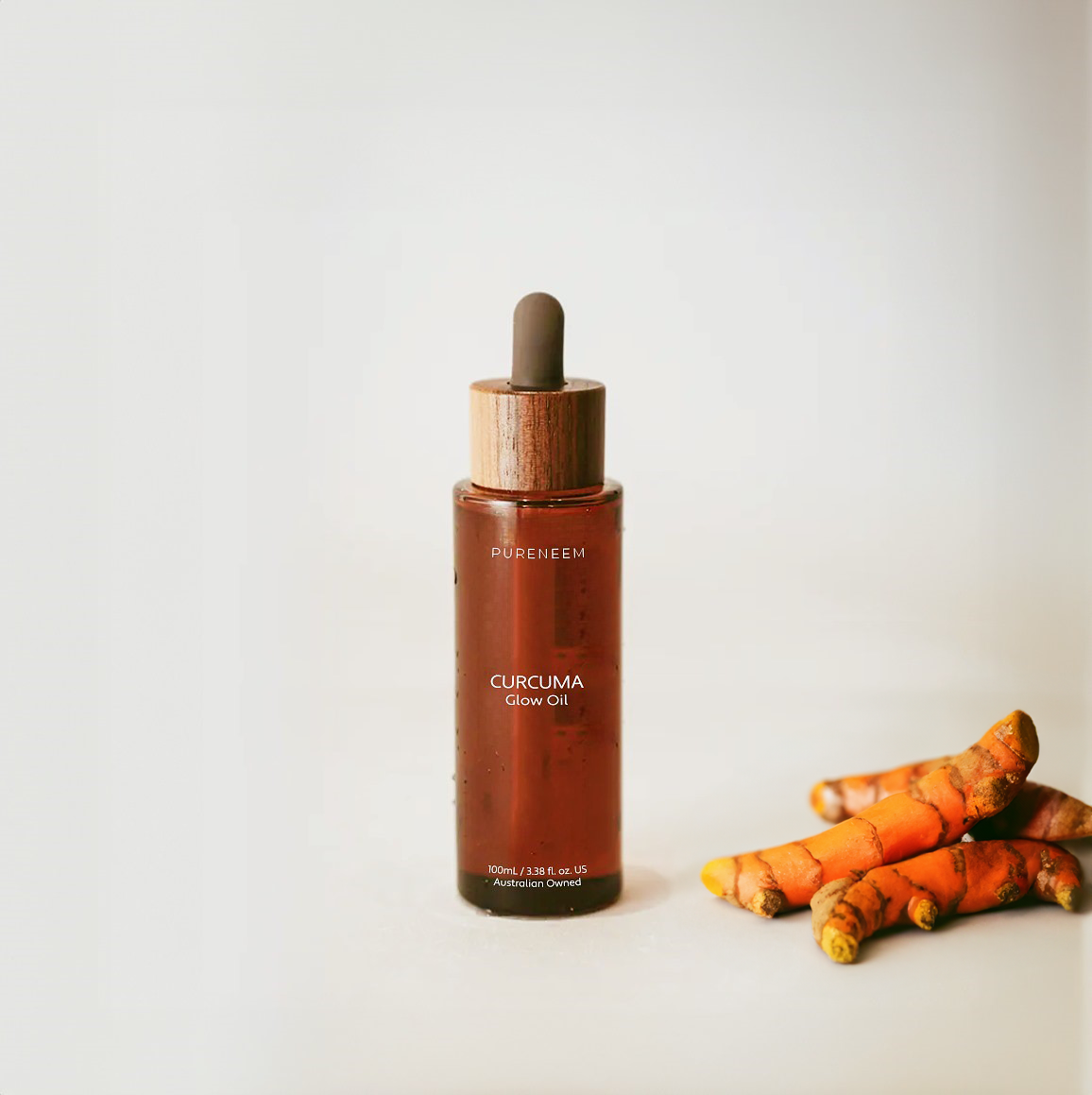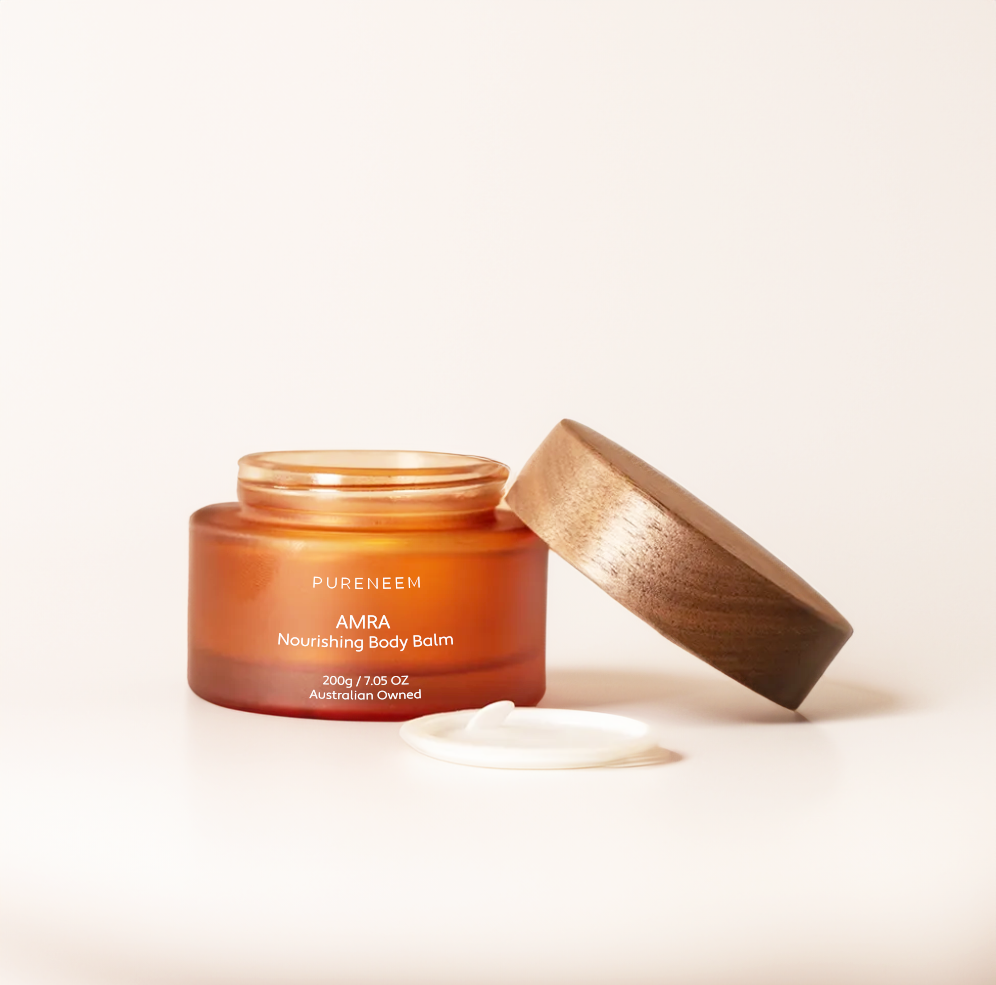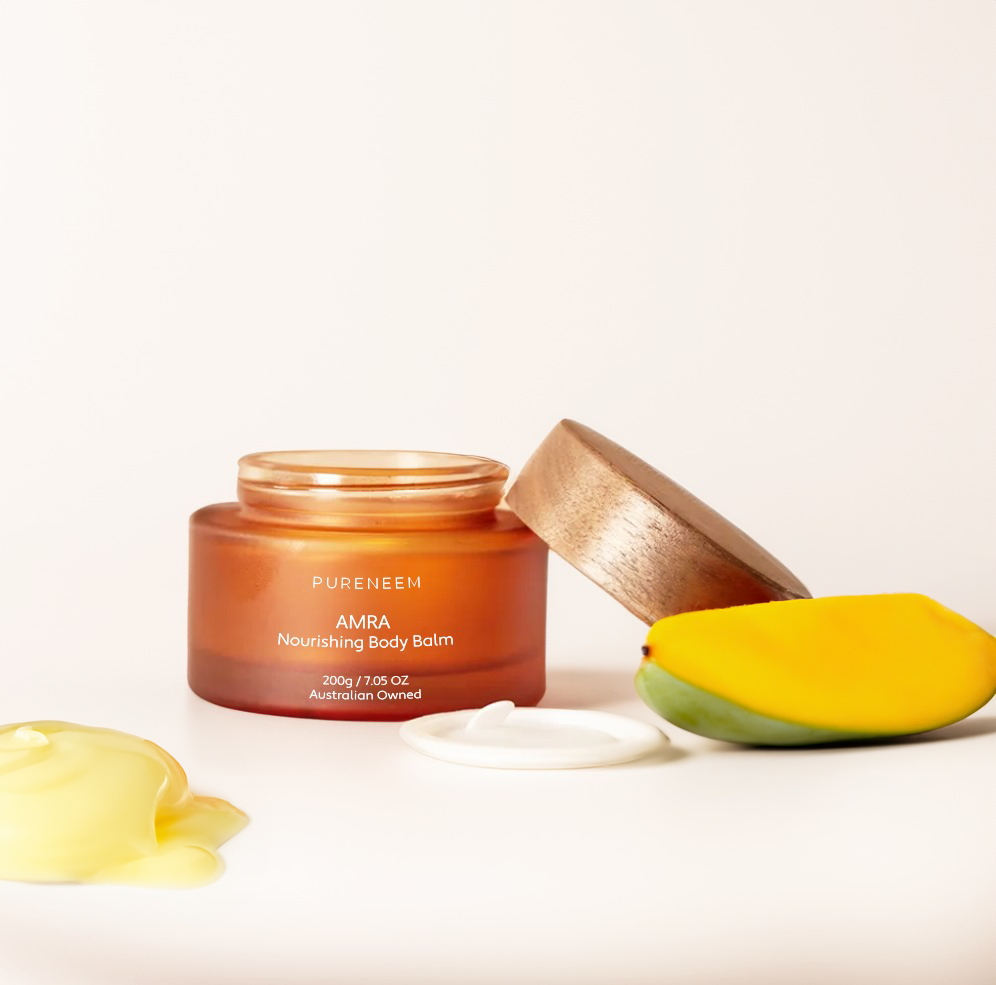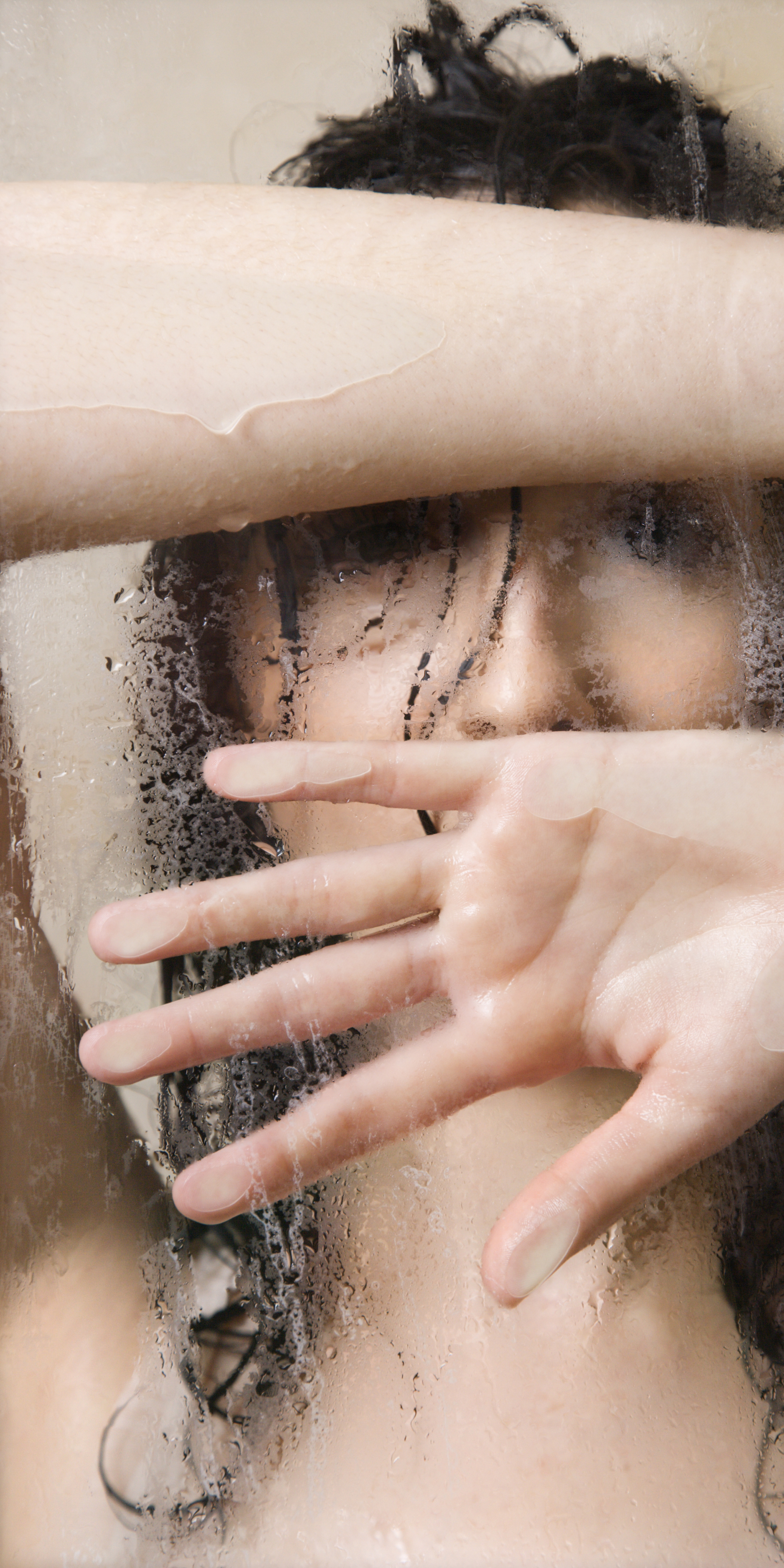
Dry Skin
Hydration, Care, and Prevention
Dry skin is a common concern that affects people of all ages. It can leave your skin feeling tight, flaky, and uncomfortable, especially during colder months or in harsh environments. At PureNeem, we believe that addressing dry skin requires a thoughtful combination of hydration, barrier protection, and natural care. Here, we’ll answer the most common questions about dry skin and share effective ways to restore your skin's balance and health.
What Causes Dry Skin?
Dry skin occurs when the skin is unable to retain sufficient moisture. This can happen for several reasons, including:
Environmental Factors: Cold weather, low humidity, and harsh winds can strip moisture from the skin, leaving it dry and irritated.
Hot Showers: Frequent exposure to hot water, especially during showers, can weaken the skin’s natural barrier, leading to dryness.
Age: As we age, the skin produces less oil, leading to drier skin. Mature skin is more prone to dehydration and may require more intensive moisturisation.
Harsh Soaps and Cleansers: Using soaps or cleansers that contain strong chemicals can strip the skin of its natural oils, making it more susceptible to dryness.
Medical Conditions: Conditions like eczema or psoriasis can cause chronic dryness, leading to rough, scaly patches on the skin.
How Do You Identify Dry Skin?
Dry skin often feels tight and rough to the touch. It can be accompanied by:
Flaking or Peeling: Small patches of dead skin cells that shed, especially around areas like the nose, forehead, or cheeks.
Redness and Irritation: The skin may appear inflamed or feel itchy due to the lack of moisture.
Fine Lines and Cracks: Dry skin can make fine lines more noticeable, and in severe cases, cracks or fissures may form, causing discomfort.
Dull Appearance: Dehydrated skin lacks its usual healthy glow and can look lifeless or dull.
How Can You Treat Dry Skin?
Treating dry skin requires a combination of moisture replenishment, strengthening the skin’s natural barrier, and preventing further moisture loss. Here are some effective, science-backed solutions for managing dry skin:
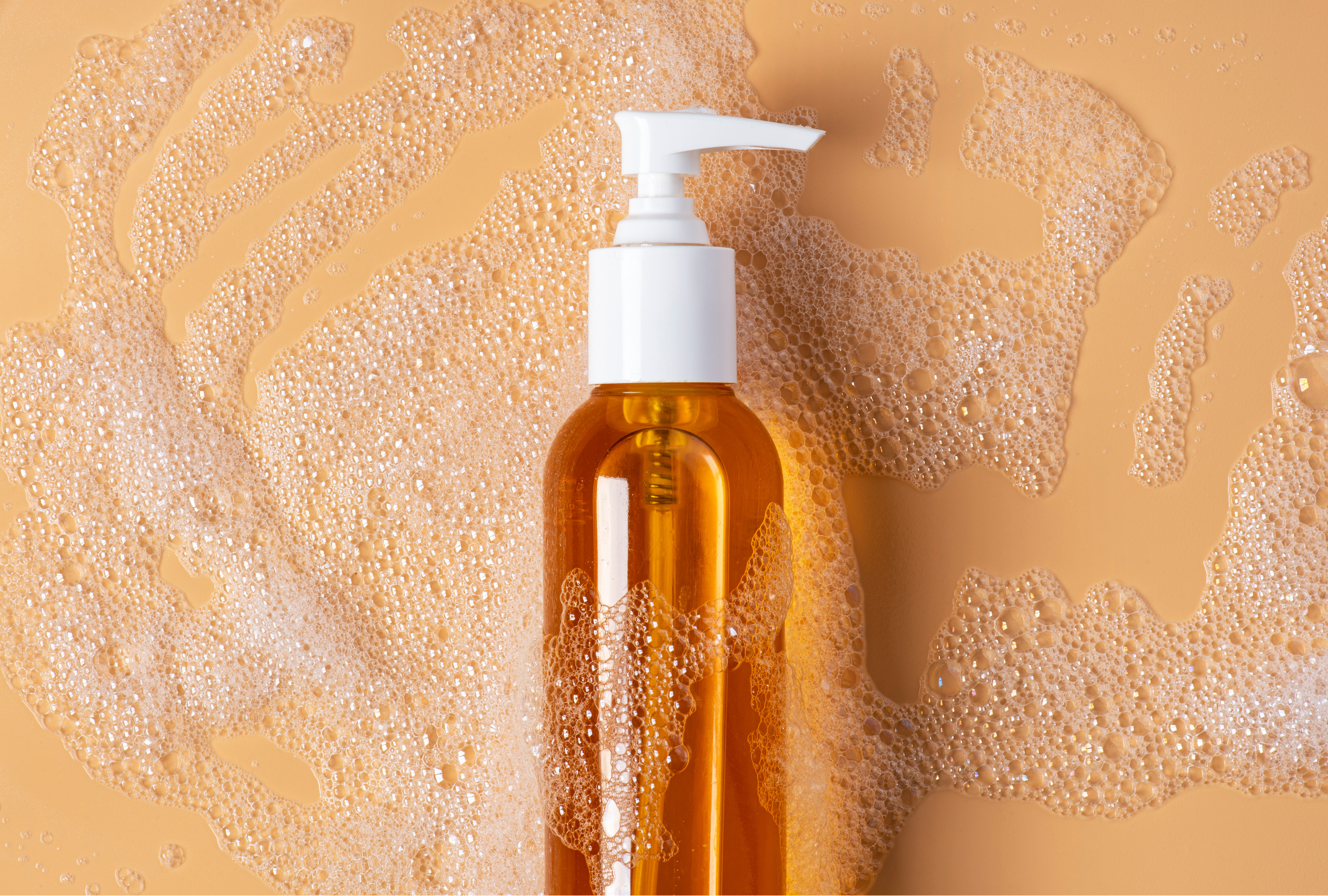
Gentle Cleansing
Start with a gentle cleanser that won’t strip your skin of its natural oils. Avoid cleansers with harsh sulfates and instead opt for those enriched with hydrating ingredients. Cleansing twice a day is sufficient to remove impurities without causing further dehydration.
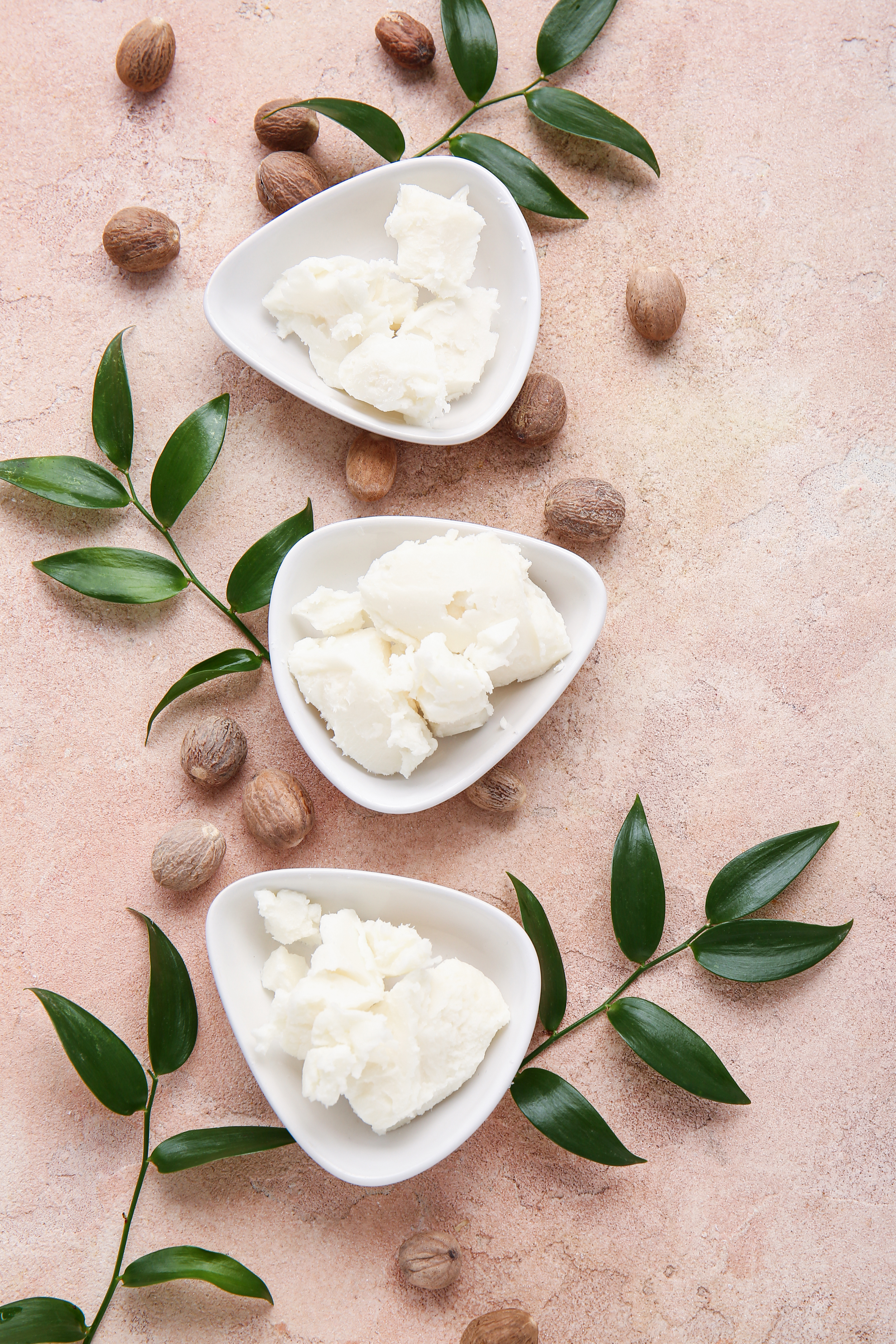
Hydrating Ingredients
Aloe Vera: Known for its soothing and hydrating properties, Aloe Vera provides a lightweight layer of moisture that absorbs quickly, making it ideal for dry and sensitive skin types. Its natural enzymes help repair and restore moisture to the skin.
Shea Butter: A rich source of fatty acids and vitamins, Shea Butter deeply moisturises and nourishes the skin. Its emollient properties help create a barrier on the skin’s surface, locking in moisture and preventing further dryness.
Hyaluronic Acid: This powerful humectant can hold up to 1,000 times its weight in water, making it an excellent ingredient for hydrating and plumping dry skin. It works by drawing moisture from the air into the skin, helping to keep it hydrated throughout the day.
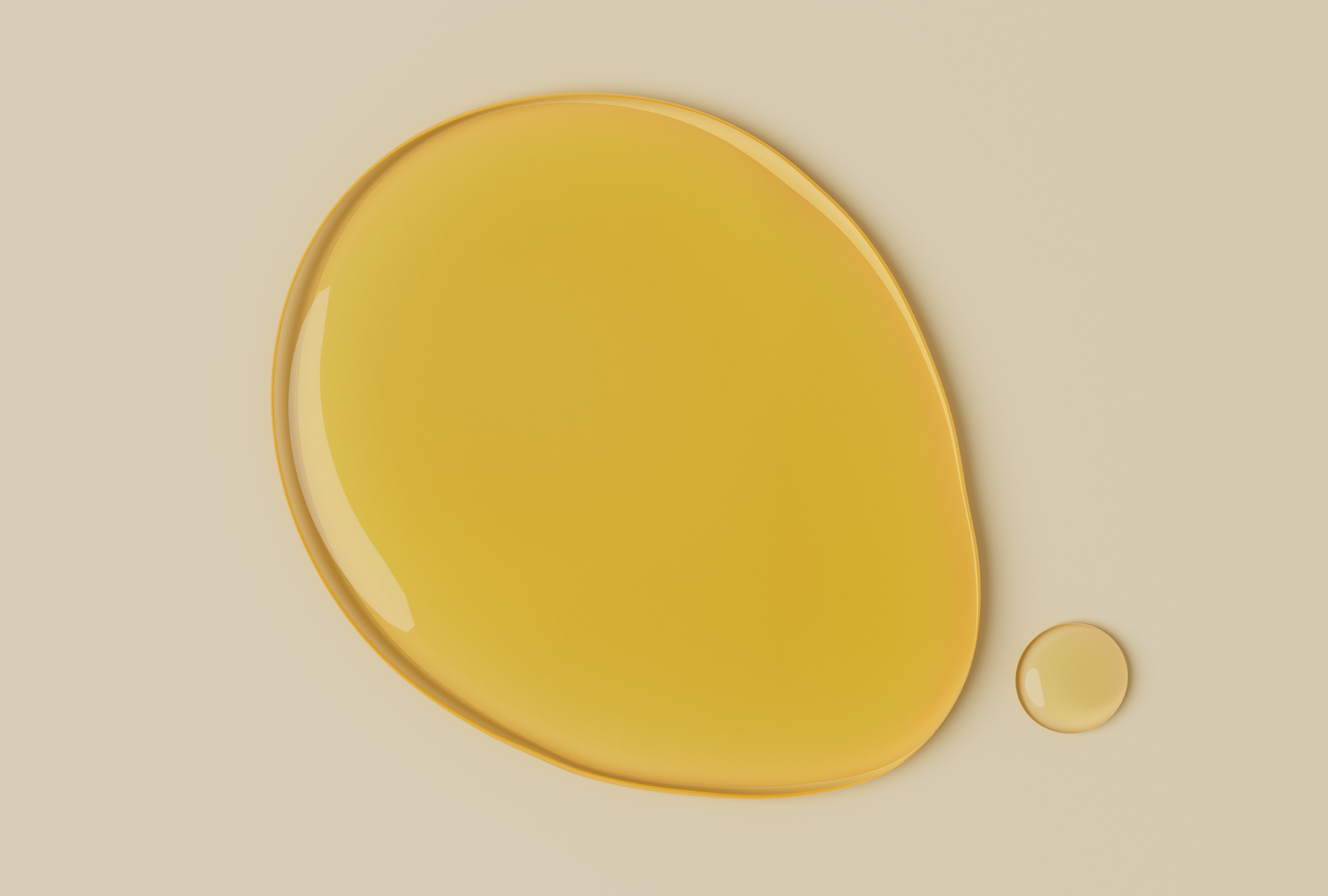
Moisturising Regularly
Regular moisturising is key to combating dry skin. Use a rich, non-comedogenic moisturiser that contains nourishing oils and hydrating ingredients. Apply immediately after showering to trap moisture in the skin.
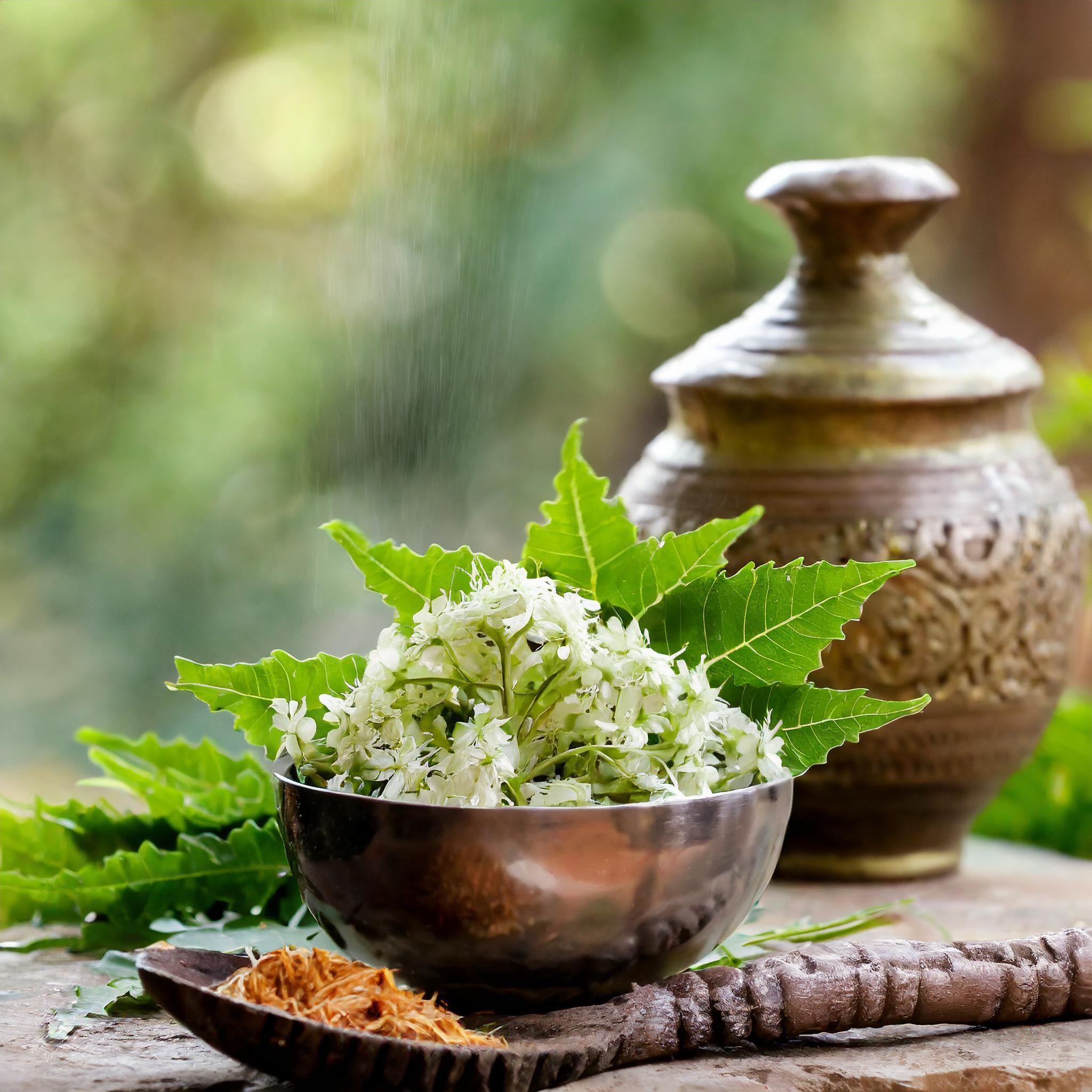
Barrier Repair
Ceramides: These are essential lipids found in the skin’s barrier that help retain moisture and protect against environmental damage. Ceramides work to strengthen the skin’s barrier, making it more resistant to dryness and irritation.
Neem Oil: Known for its deeply moisturising properties, Neem Oil helps repair the skin’s natural barrier and reduce inflammation. Its natural emollient action helps soften dry, rough skin and prevent moisture loss.
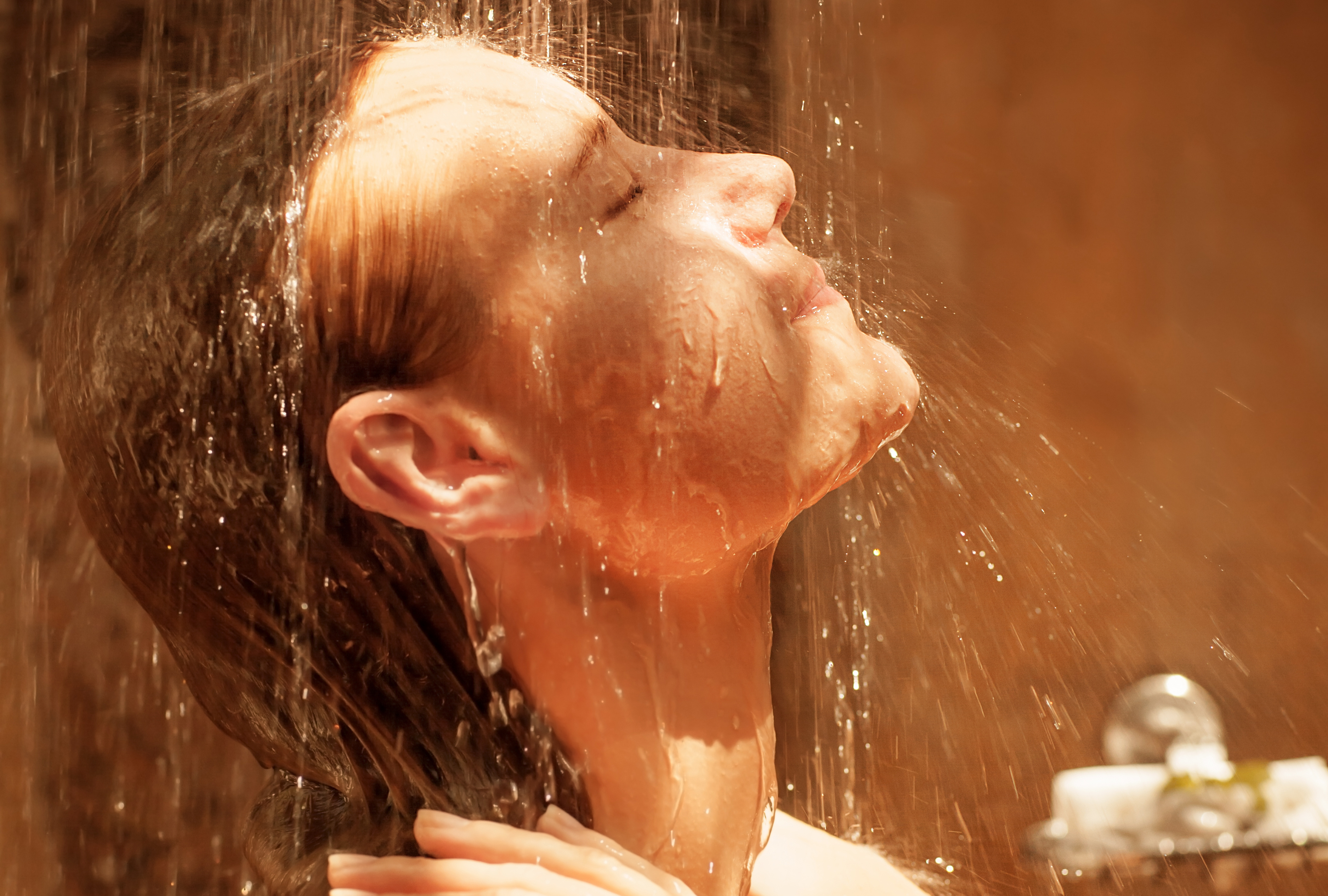
Avoid Hot Water
Though tempting, long, hot showers can strip the skin of its natural oils, worsening dryness. Opt for lukewarm water and limit the time spent in the shower or bath. Always apply a moisturiser immediately after to lock in hydration.

Lifestyle Adjustments
Humidifiers: Using a humidifier in your home, particularly during winter, can help maintain moisture in the air and prevent your skin from drying out.
Hydration: Drinking plenty of water and eating foods rich in omega-3 fatty acids can help keep your skin hydrated from the inside out.
PureNeem’s Solutions for Dry Skin
At PureNeem, we harness the power of nature and modern science to effectively address dry skin concerns. The Mucina Silk Hydration Cream delivers intense moisture with snail mucin and hyaluronic acid, helping to repair and hydrate dry, flaky skin. For a nourishing boost, our Curcuma Glow Oil combines turmeric and rosehip oil to lock in hydration and restore radiance. To care for the body, the Amra Nourishing Body Balm, enriched with shea butter and mango seed butter, provides long-lasting relief and leaves your skin feeling soft, smooth, and deeply replenished.
Preventing Dry Skin
Preventing dry skin starts with a consistent skincare routine that focuses on hydration and protection. Always use a moisturiser suited to your skin type, particularly one that contains ceramides, shea butter, or hyaluronic acid for long-lasting hydration. Additionally, protecting your skin from harsh environmental conditions, such as cold weather or dry indoor air, will help maintain healthy skin.
Featured collection

